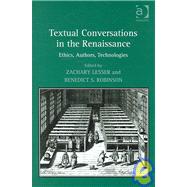
| Preface | |
| Introduction | |
| Conversational Ethics: The art of Conversazioni: practices in Renaissance rhetoric | |
| 'Defend his freedom 'gainst a monarchy': Marlowe's republican authorship | |
| 'Much more the better for being a little bad,' or gaining by relaxing: equity and paradox in Measure for Measure | |
| Authors in Conversation: Allegory, irony, despair: Chaucer's Pardoner's and Franklin's Tales and Spenser's Faerie Queene, Books I and III | |
| 'Les langues des hommes sont pleines de tromperies': Shakespeare, French poetry, and alien tongues | |
| Joining the conversation: David, Astrophil, and the Countess of Pembroke | |
| Technologies of Conversation: The puzzling letters of Sister Elizabeth Sa[u]nder[s] | |
| A civil conversation: letters and the edge of form | |
| 'Made all of rusty yron, ranckling sore': The imprint of paternity in The Faerie Queene | |
| Bibliography | |
| Index | |
| Table of Contents provided by Publisher. All Rights Reserved. |
The New copy of this book will include any supplemental materials advertised. Please check the title of the book to determine if it should include any access cards, study guides, lab manuals, CDs, etc.
The Used, Rental and eBook copies of this book are not guaranteed to include any supplemental materials. Typically, only the book itself is included. This is true even if the title states it includes any access cards, study guides, lab manuals, CDs, etc.